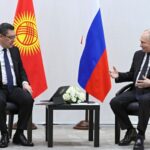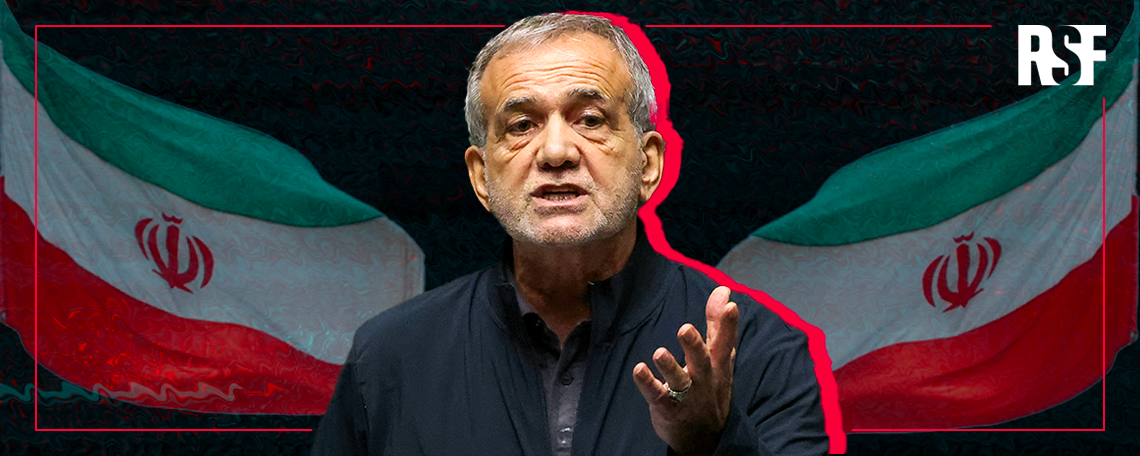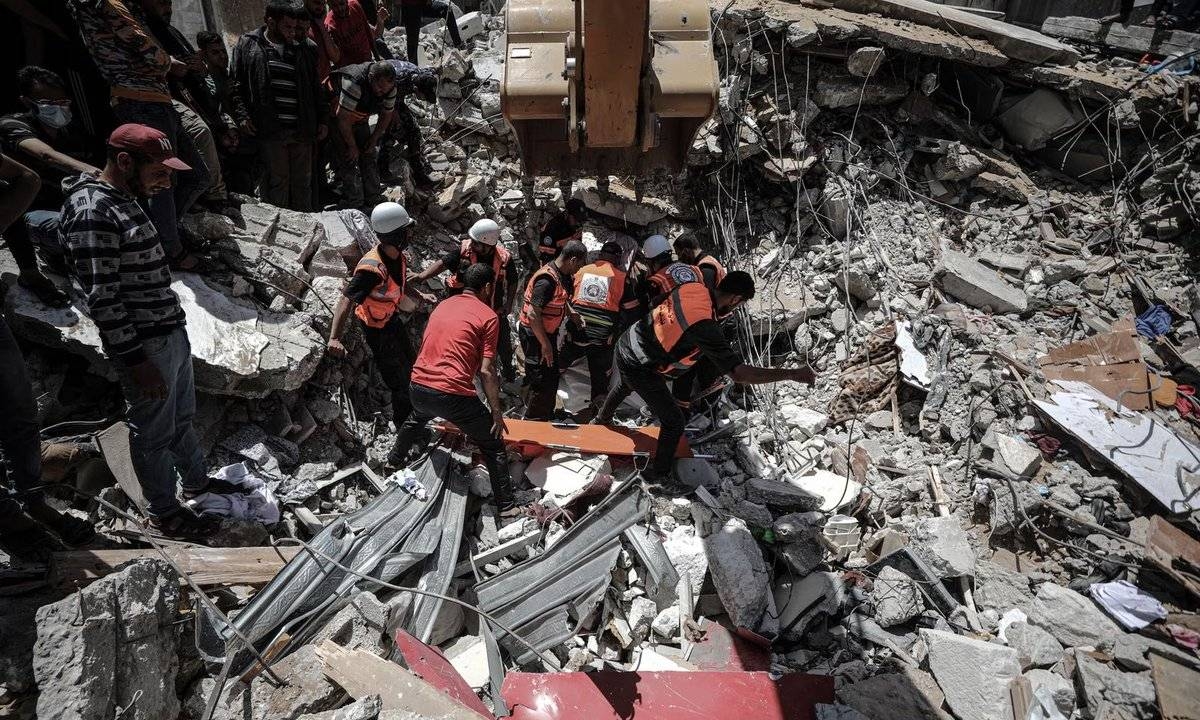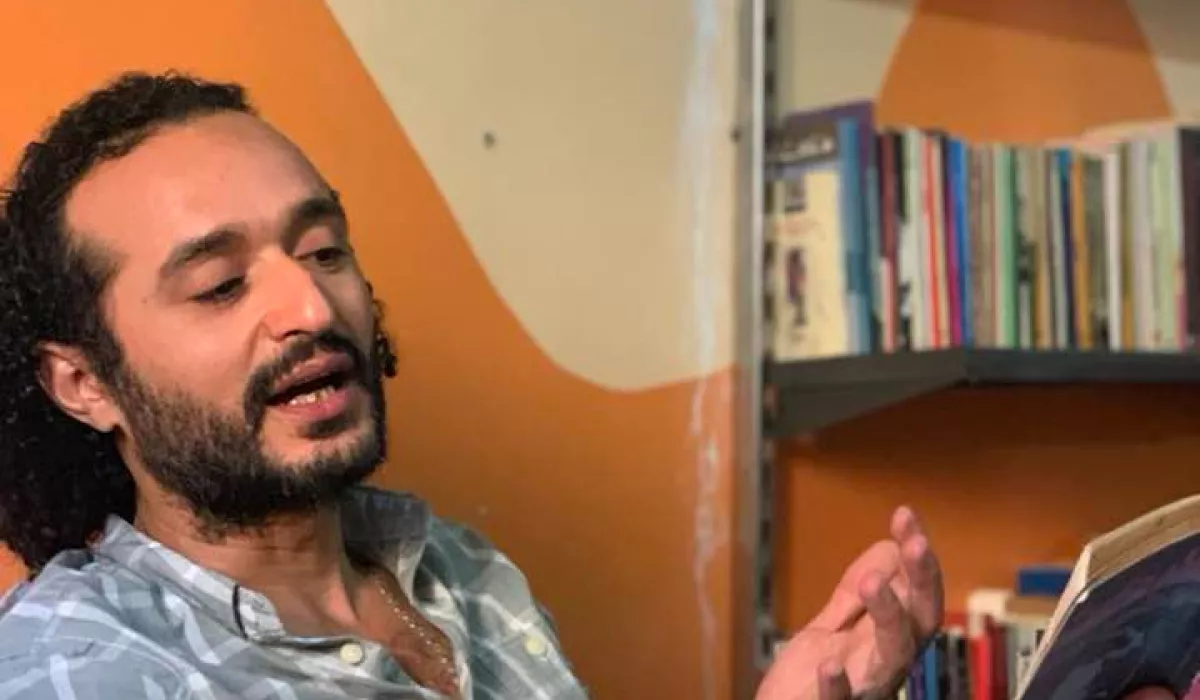
Kyrgyz Authorities Threaten to Block Independent Outlets Over Presidential Reporting
September 5, 2024
Journalist Enrique Hernández Avilés Found Dead in Mexico After Two Months Missing
September 6, 2024September 06, 2024 – Iran –
Iran’s newly elected president, Masoud Pezeshkian, had sparked cautious optimism in August 2024 when he announced plans to withdraw government complaints against journalists. However, that hope has quickly faded. According to Reporters Without Borders (RSF), at least seven journalists have been targeted in four new legal cases since Pezeshkian took office, indicating that the systematic persecution of the press remains entrenched.
The president’s August 7 directive, which called on state bodies to retract existing legal actions against journalists, was widely welcomed by Iranian media workers. It followed persistent lobbying by the Association of Iranian Journalists. Yet the continuing judicial harassment undermines the president’s public stance and highlights the limited influence civilian leadership has over Iran’s powerful judiciary and security apparatus.
The new legal cases involve familiar charges such as “spreading false news” and “propaganda against the state”—vague and broadly interpreted offenses often used to suppress dissent. RSF warns that these cases reflect a sustained climate of fear for journalists operating in Iran. Those who attempt to report independently or criticize government policies face the risk of arbitrary arrest, prosecution, and imprisonment.
Despite Pezeshkian’s moderate rhetoric, Iran continues to rank among the most repressive countries for press freedom. As of September 2024, at least 30 journalists remain behind bars, while many others operate under constant surveillance or are routinely summoned by intelligence services. Revolutionary Courts, notorious for closed-door trials and harsh sentences, remain central to the machinery of media repression.
RSF has called Pezeshkian’s initiative “a positive but insufficient step,” emphasizing that symbolic gestures are meaningless without comprehensive reforms. The organization urges Iranian authorities to end all legal proceedings against journalists, reform oppressive media laws, and ensure that journalists—whether local or in exile—can work without fear of retaliation.
Until concrete action is taken, Pezeshkian’s promises will remain unfulfilled, and Iran’s journalists will continue to operate under the shadow of censorship, intimidation, and imprisonment. The gap between rhetoric and reality underscores the ongoing fragility of press freedom in Iran.
Reference –




